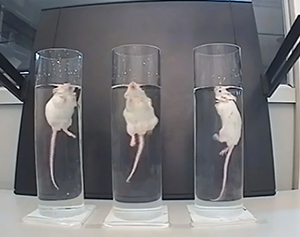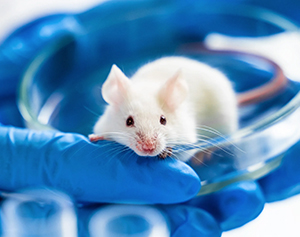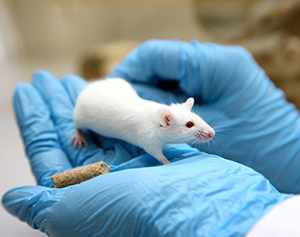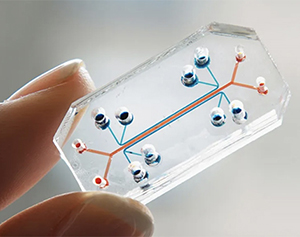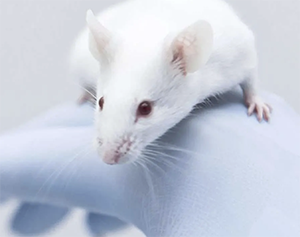The Irish Anti-Vivisection Society will be taking part in the Dublin Mind Body Experience at the RDS on Friday 27th & Saturday 28th February, and Sunday 1st March 2026.
We are currently seeking IAVS members to help represent us on our stand. During the event, we will be raising awareness about Botox animal testing in the cosmetics industry and proudly re-launching our HUMANE Research Fund.



